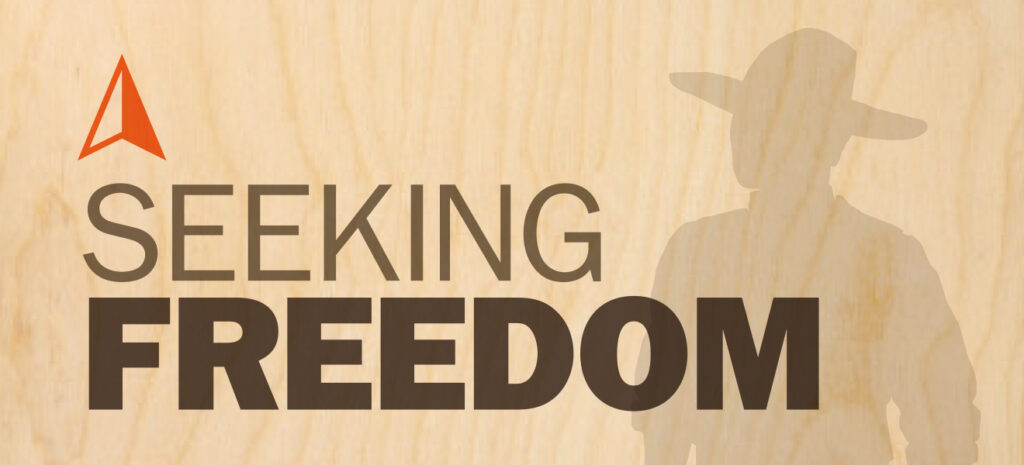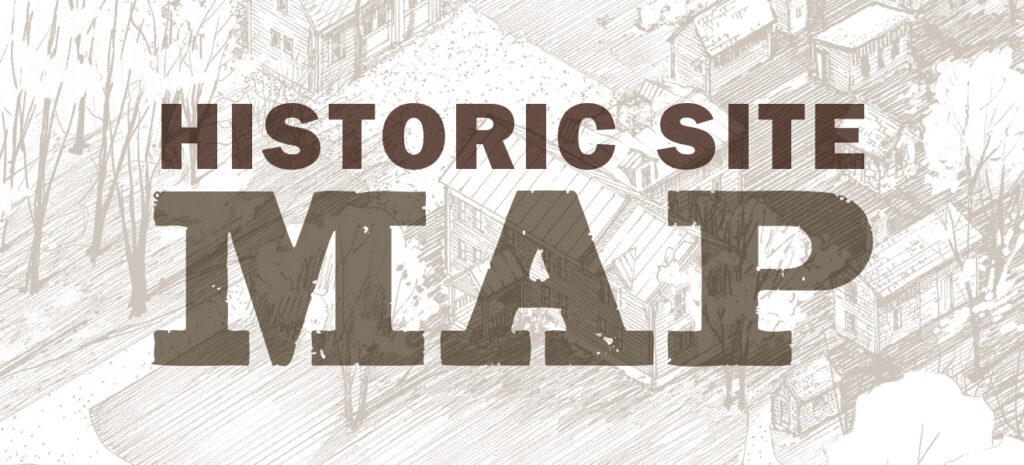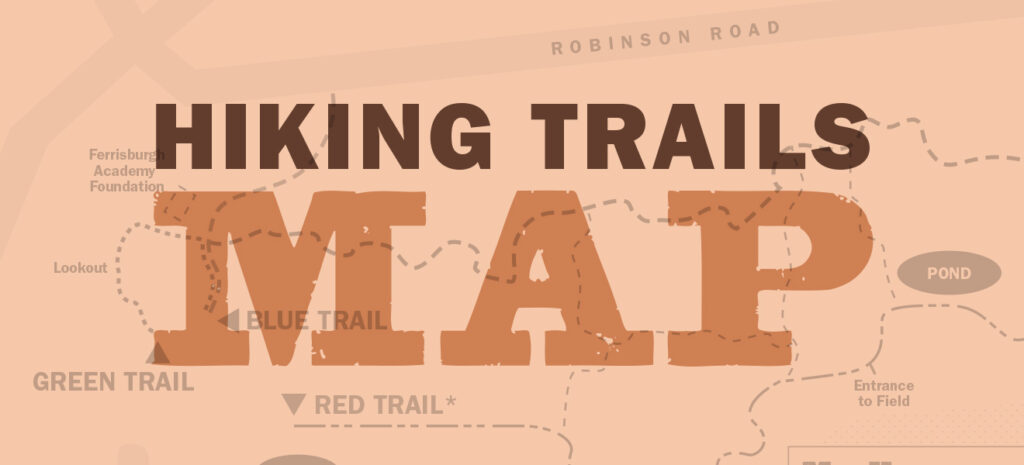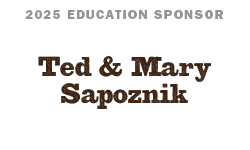Righting the Erasure of Black History and Creating an Inclusive American Story
On February 2, 2021, Rokeby Museum hosted a virtual Black History Month Lecture that explored current efforts to recognize and right missing historical narratives in history. Three panelists joined the conversation to discuss their research and community work to uncover hidden and missing stories in our communities and fight for change to ensure these stories are not lost again.
Lindsay Varner, Director of Rokeby Museum, begins the evening with an overview of national recognition of missing histories in historical institutions across the U.S. Museums, archives, and historic sites across the country are coming to terms with racism within their institutions, and how a lack of representation of diverse populations in the collections influences the telling of our nation’s story. Dr. Varner also shares her work in a community in Pennsylvania and their efforts to use history as part of the truth and reconciliation process.
Elise Guyette, author of Discovering Black Vermont, shared her research into a forgotten Black community in Hinesburg, Vermont. Starting with a shoebox of information cards, Guyette pieced together a story of Black farmers from 1790–1890. Her research brought recognition to a site forgotten in history, and helped descendants learn more about their family’s roots in Vermont.
Carmen James concluded the discussion with an overview of the Mt Tabor Preservation Project in Mt. Holly Springs, Pennsylvania. James is the current board president of the Preservation Project and former congregant of the log cabin church. For nearly a century, the Mt Tabor AME Zion church served the African American community. It was a place of worship, a school, and a community-gathering place until its closing in the 1970s. Nearly lost due to a lack of acknowledgement and recording of the African American community, the Preservation Project is working with the surrounding residents to educate on the black history of the region.
As more stories of underrepresented communities become known, the historical narrative of our nation will shift to provide an accurate view of our past and a greater understanding of the divides in our communities today. Together these conversations highlight the role of history plays in the truth and reconciliation process.
 Rokeby Museum
Rokeby Museum





